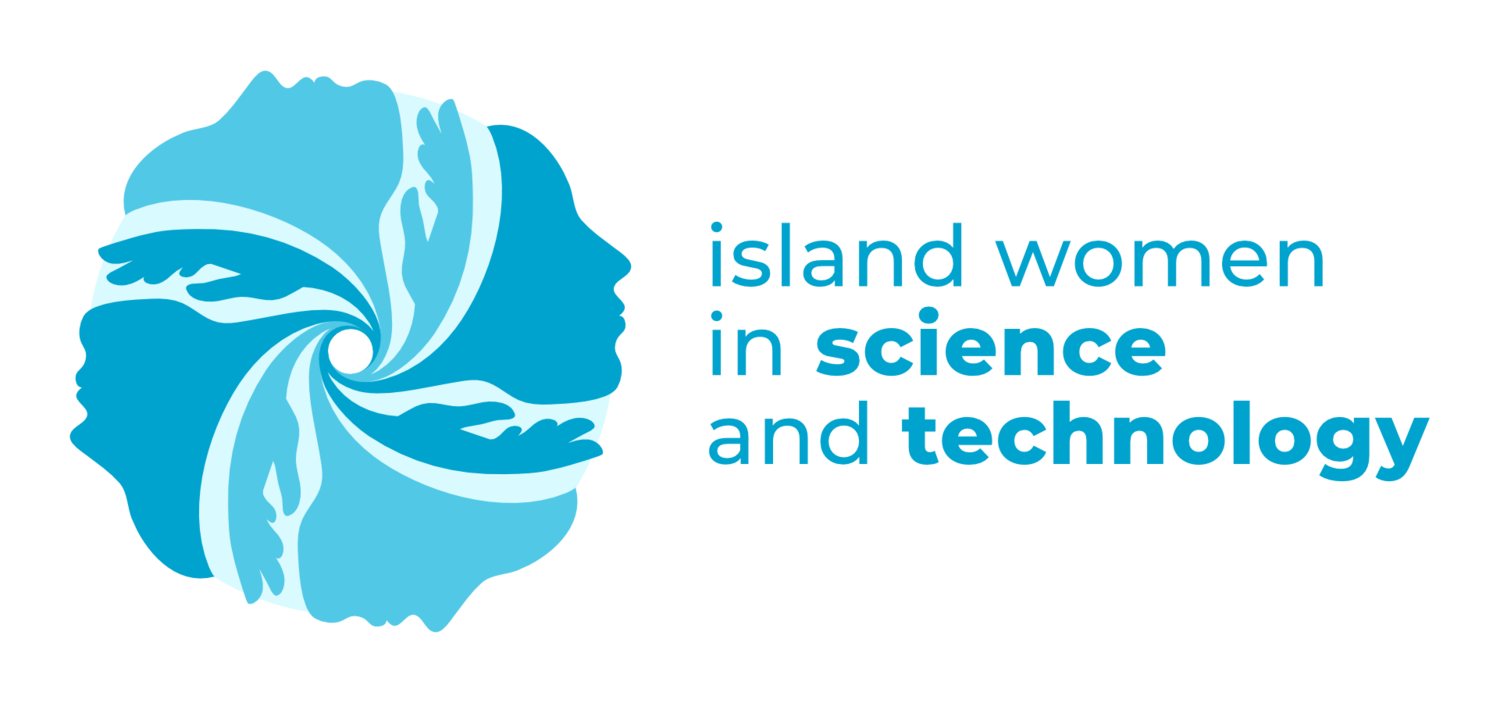International Women’s Day 2022
Oluwapelumi Ogeroju
#BreakTheBias
Looking around the world today, I can only speak to two things that affects every one of us: Politics and Technology, which I have doubled as #Poltech Why Politics? I realized that I could make several choices, and some may be difficult, and I will stand by it. For example, I can choose not to use a mobile phone or join any social media platform. I can choose to live a primitive life, but I can’t completely devoid myself of the political situation in my locality or the world in general. A law signed by a single stroke of the pen can have a taction shift in all aspects of our lives.
#FunFacts– Women in Politics.
In modern history – 1900 until today, the world has had about 130 elected women head of state; the longest serving being the German chancellor, who was in power for 16 years and 16 days, followed closely by Iceland’s President Vigdís Finnbogadottir, the first women elected president at the helm of affairs for 16 years. Tatiana Turanskaya of Ukraine resigned as head of government after 2 days, making her tenure the shortest in modern history. It is worthy to note that Soong Ching-ling served as honorary president in China for 12 days; she came second from the rear. Interestingly, Canada had a female Prime Minister- Kim Campbell served from June 25, 1993 to November 4, 1993. She is from British Columbia. This wiki page provides insight on what prepared her to hold the most exalted political office in the Great White North. About 30 women are currently in the position of head of state today but why does this matter? #BreakingtheBias goes beyond a hashtag or having talk shows, it means we need to support each other and get to the table where decisions are been made per second, daily.
Fun Facts – Women in Technology.
Several women are taking giant steps in technology globally. This list provides a glimpse into how some women are changing the narrative despite not having a science background - Susan Wojcicki, CEO of YouTube studied history and literature at Harvard. Reshma Saujani graduated from the University of Illinois with a bachelor's degree in political science and speech communication. In 2012, Saujani founded Girls Who Code to address that gender gap in the tech workforce. Arnelle Etienne didn’t just complain about the design flaw which made it almost impossible to make electrodes close enough to the scalps of people with coarse, curly hair. She broke the bias by doing something about it.
The question I am asking myself on this day is how do I break the bias on limitations placed on me as a woman? That’s my #FoodForThought.
